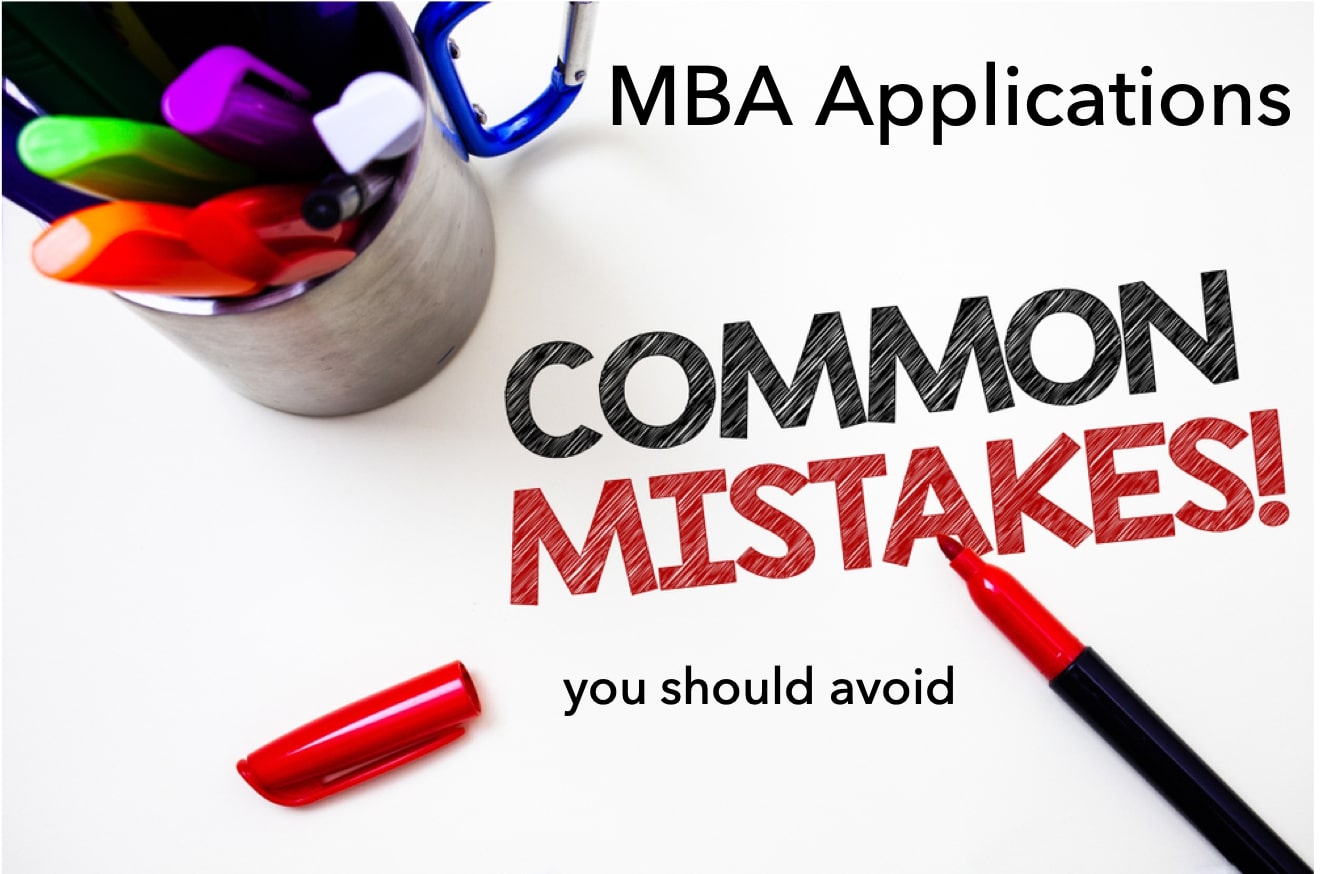MBA scholarships offer big financial help. They can make getting your degree much easier. Many talented students miss out on this money. They often make common, simple mistakes.
This article guides aspiring MBA students. It points out common errors in the scholarship application process. Understanding these pitfalls can greatly boost your chances of securing funding.
Approach your applications with a smart plan. Knowing what to avoid helps you stand out. Let's explore these common missteps and how to fix them.
Mistake 1: Not Researching Thoroughly
Neglecting Scholarship Eligibility Criteria
Many applicants fail because they don't meet basic requirements. Each scholarship has specific rules. These often include GPA scores, years of work experience, or even your background. For example, some scholarships target students from certain countries or those with specific industry experience. Overlooking these details leads to quick disqualification.
Actionable Tip: Make a simple checklist for every scholarship. Note all eligibility factors before you even start writing.
Overlooking Niche or Lesser-Known Scholarships
Focusing only on big, famous scholarships limits your options. These often have huge competition. Many smaller, specialized awards exist. They might be from a specific university, an industry group, or a local community fund. These niche options often have fewer applicants.
Consider scholarships for women in tech, or those for veterans. Some are just for people from a certain state. Applying to these hidden gems can greatly improve your odds.
Mistake 2: Generic and Uninspired Essays
Failing to Tailor Essays to Each Scholarship
Using the same essay for every application is a big mistake. Each scholarship body has its own mission and values. Your essay must speak directly to these unique goals. A general essay sounds flat and uncaring. It shows you did not put in the effort.
Actionable Tip: Write a "master essay" with your main points. Then, change parts of it for each scholarship. Show how your goals match what they care about.
Not Demonstrating a Clear Connection to the Scholarship's Purpose
Your essay must clearly link your life and plans to the scholarship's aim. Explain how your past shows your promise. Show how the MBA will help you reach your goals. Then, make it clear how your journey aligns with the scholarship's impact. Dr. Evelyn Reed, an admissions consultant, often says, "Committees want to fund a future they believe in. Your story must directly serve their vision."
Mistake 3: Weak Recommendation Letters
Choosing Recommenders Who Don't Know You Well
A recommender's knowledge of you is more important than their job title. Someone who truly understands your work ethic and skills writes a strong letter. A busy CEO who barely knows you will write a vague, weak note. Scholarship committees can easily spot a generic recommendation. They want real insights.
Actionable Tip: Talk openly with potential recommenders. Tell them what skills or stories you want highlighted.
Not Providing Recommenders with Sufficient Information
Your recommenders need all the details to write a good letter. Give them your resume and a draft of your personal statement. Tell them about the scholarship's aims and what they should focus on. Also, provide clear deadlines well in advance. A recommender with a detailed brief can write a compelling letter. Imagine a professor writing about your unique research project, not just your good grades.
Mistake 4: Inconsistent or Incomplete Applications
Leaving Application Fields Blank
Every part of the application is a chance to show your best self. Leaving fields empty suggests laziness. It might also look like you lack attention to detail. Even if a field seems optional, try to fill it out. Show your commitment to the process.
Actionable Tip: Review your entire application carefully before sending it. Double-check that all sections are complete.
Submitting Applications Past the Deadline
Deadlines are fixed and non-negotiable. Submitting your application even a minute late usually means instant rejection. Committees are strict about timing. They deal with many applications. Reports show over 30% of scholarship applications are rejected simply because they arrive after the deadline. Always plan to submit well before the final minute.
Mistake 5: Poorly Articulated Career Goals
Vague or Unrealistic Future Aspirations
Scholarship committees want to see a clear path. Your goals should be realistic and well-defined. Saying you want to "be successful" is too vague. It shows a lack of serious thought about your future. Instead, think about specific roles or industries. How will the MBA help you get there?
Actionable Tip: Research industry trends. Identify specific roles you want after your MBA. Be specific about your post-MBA plans.
Not Linking MBA to Career Goals Effectively
You must clearly connect your chosen MBA program to your career plans. Explain how the school's courses, professors, or clubs will help you. Show how this specific MBA will unlock your desired leadership role. For example, if you aim to lead a sustainable energy firm, explain how the MBA's energy management track and green business club fit your plan.
Mistake 6: Ignoring Financial Need/Merit Nuances
Misunderstanding Scholarship Types (Need vs. Merit-Based)
Scholarships fall into different categories. Some are based on your financial situation. Others reward your academic or professional achievements. Applying for a need-based scholarship when you have no financial hardship wastes your time. The same goes for merit awards if your grades aren't top-tier. Understand what kind of scholarship you are pursuing.
Actionable Tip: Read the scholarship's description closely. Figure out if it focuses on financial need or past achievements.
Failing to Quantify Achievements Appropriately
Numbers make your accomplishments stand out. Instead of saying "I managed a team," say "I led a team of 10, increasing project efficiency by 15%." Quantify your impact whenever possible. Show how you saved money, boosted sales, or improved processes. Mark Chen, a career coach, says, "Quantifiable results grab attention. They prove your value better than any description."
Conclusion
First, always research thoroughly. Tailor every part of your application to each scholarship. Second, craft strong, unique essays. Make sure your recommenders can speak well about you. Clearly state your career goals. Finally, by avoiding these common mistakes, you greatly boost your chances. Securing MBA funding is a big step towards your future. You can achieve your MBA dreams.



